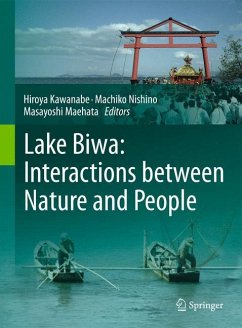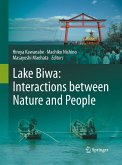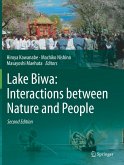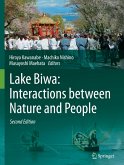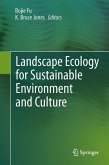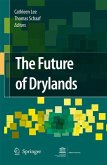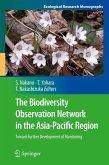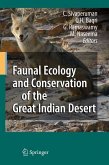This book focuses on the long-term interactions between people and nature in and around Lake Biwa, one of the oldest lakes in the world. Accordingly, it not only covers the characteristics of the biota of this ancient lake, but also approaches it as a 'cultural ancient lake.'
Furthermore, various problems affecting the lake, especially recent environmental changes that occurred before and after Japan's rapid economic growth of the 1950s and 60s, are reviewed, including water pollution, lakeshore development and the reclamation of attached lakes, alien and invasive species, and problems related to the recent warming of the climate.
Lastly, by analyzing data on these problems collected by the local government and residents of the lake basin, the book provides a comprehensive outlook on the future of Lake Biwa and people's lifestyles. As such, it provides indispensable information for all people engaged in improving and conserving water regimes around the world, as well as people interested in the culture and history of Japan.
Furthermore, various problems affecting the lake, especially recent environmental changes that occurred before and after Japan's rapid economic growth of the 1950s and 60s, are reviewed, including water pollution, lakeshore development and the reclamation of attached lakes, alien and invasive species, and problems related to the recent warming of the climate.
Lastly, by analyzing data on these problems collected by the local government and residents of the lake basin, the book provides a comprehensive outlook on the future of Lake Biwa and people's lifestyles. As such, it provides indispensable information for all people engaged in improving and conserving water regimes around the world, as well as people interested in the culture and history of Japan.

